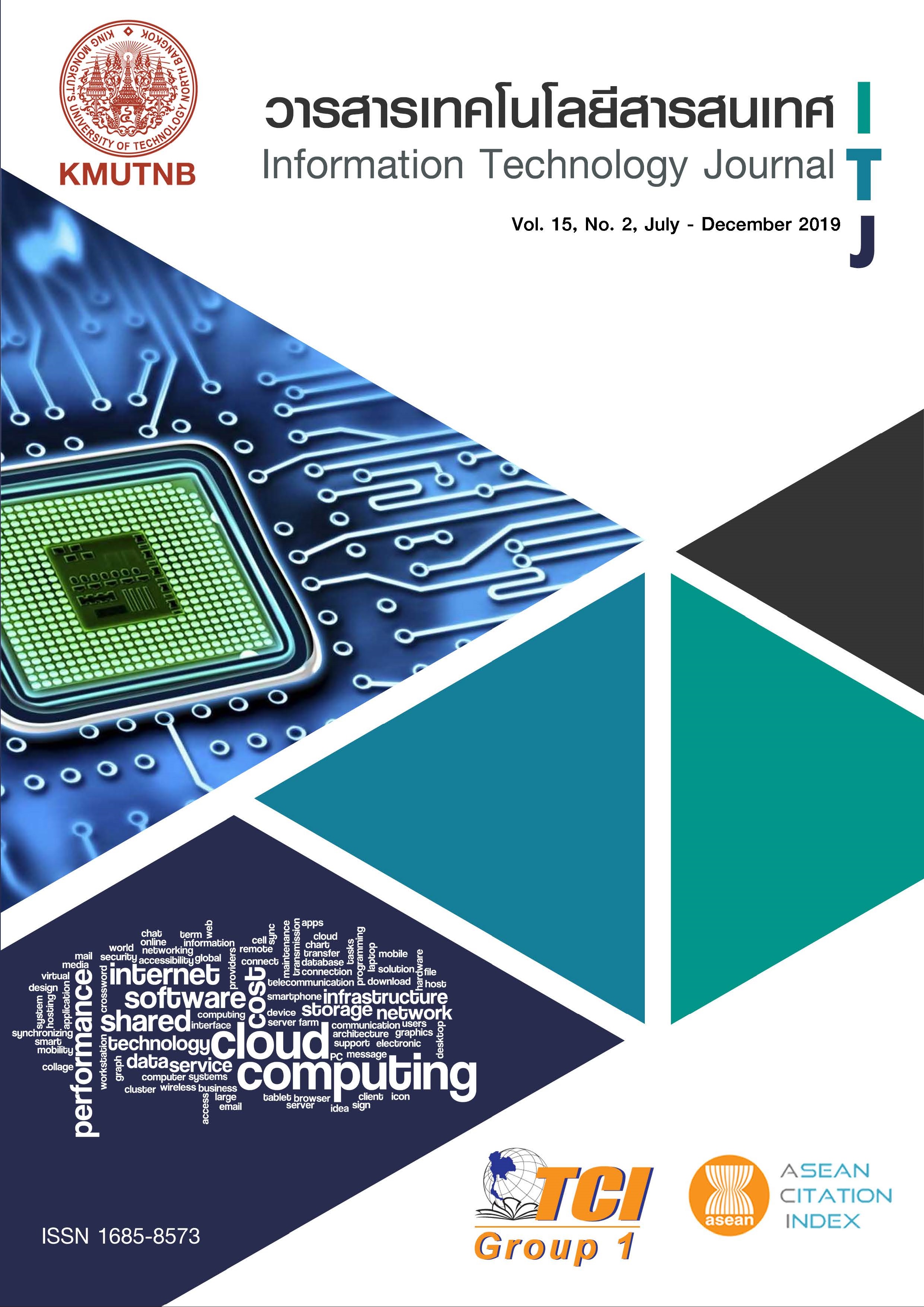The Development of Game to Develop the Cognitive Skill for Autistic Children via Virtual Reality
Main Article Content
Abstract
This research proposes a virtual reality game to develop the cognitive skill for autistic children and presents satisfaction
assessment to our proposed game. The game aims to develop cognitive skills, especially, in the case of developing listening
skills and recognition skills (memory) of autistic children during the age of 8-11 years with three sequential parts. Part
I is a developmental training on listening and memorization about traffic rules, animals, and virtual environments. The
purpose of virtual reality is to add a feeling of realistic that appeals to the user. Part II is a game to test cognitive skills
and to learn the rule based on game. Lastly, Part III is a report generated for parents, caregivers, and doctors, so that they
have information for the traceable intelligence of cognitive development of children found in Parts I and II. There are 15
sample subjects (5 autistic children and 10 caregivers). The instruments used in this study were our proposed game and
questionnaires. Mean and standard deviation are used to analyze data. The results showed that the overall satisfaction
of our proposed game, which assessed by autistic children and caregivers was good at the level (x̅ = 4.05, S.D. = 0.69
and x̅ = 3.99, S.D. = 0.67, respectively).
Article Details

This work is licensed under a Creative Commons Attribution-NonCommercial-NoDerivatives 4.0 International License.


